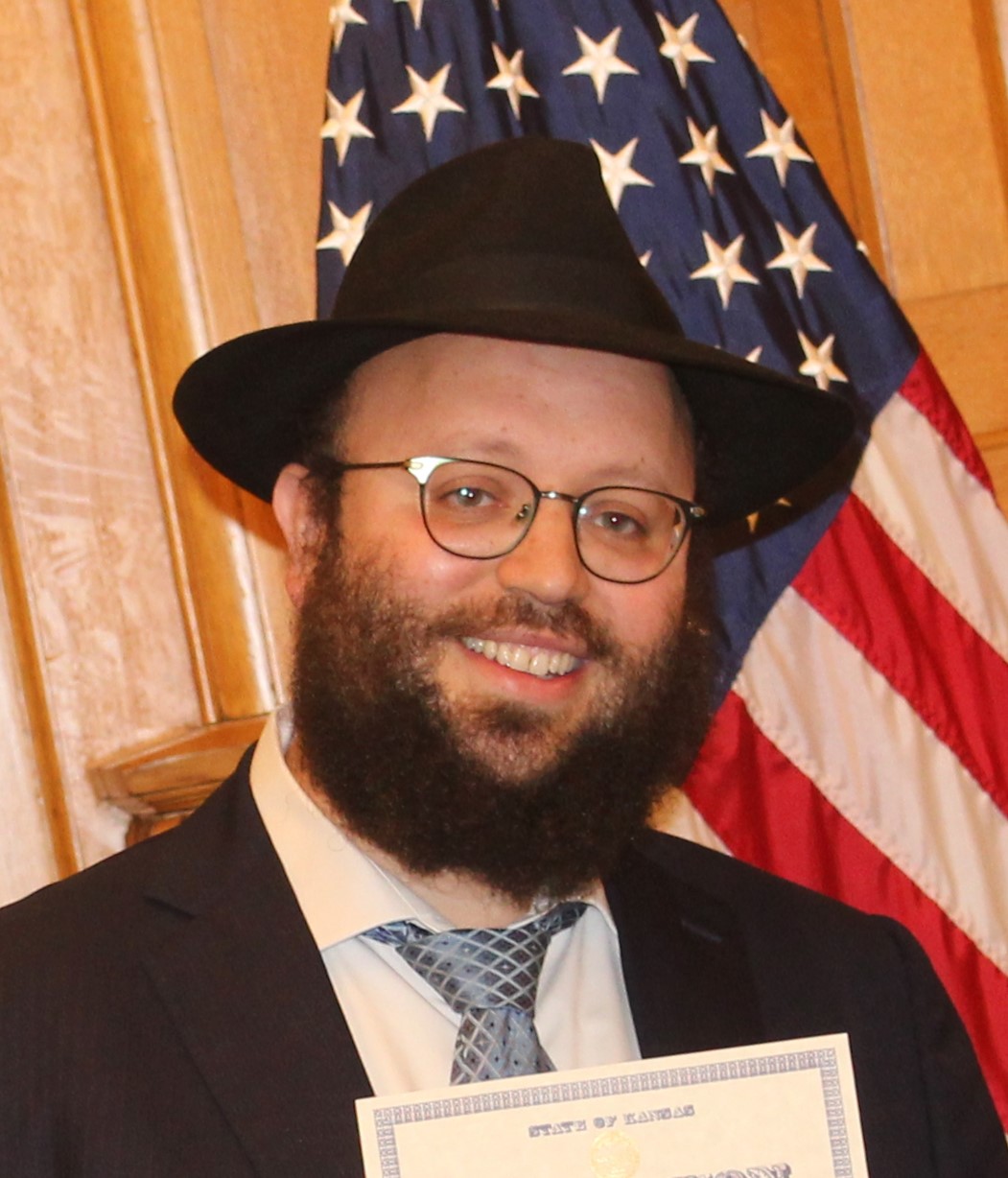So, it’s Passover again. Another Seder night where we reunite with distant relatives we nearly forgot about to retell a story we are never allowed to forget. One might wonder: Is it really necessary, more than 3,000 years later, to still commemorate our ancestors’ freedom from slavery in Egypt? Can’t we move on to more pressing and contemporary issues?
My friend, you’re reading the wrong Haggadah.
The Seder is not just a memorial to ancient events — it is a dynamic process of liberation from the challenges we face today. We are all slaves. Slaves to our inhibitions, fears, habits, cynicism and prejudices. These self-appointed pharaohs — layers of ego — keep us from expressing our true inner selves, from reaching our spiritual potential. Our souls are trapped by selfishness, laziness and indifference.
Pesach means “Passover.” It is the season of freedom, when we pass over these obstacles to reach true inner liberation. On this night, we allow our souls to be expressed.
This year, let’s reread the Haggadah through a new lens. Every time it says “Egypt,” read “limitations.” Every time it says “Pharaoh,” think “ego.” And read it in the present tense: “We were slaves to Pharaoh in Egypt” becomes “We are slaves to our egos, trapped by our limitations.”
How do we break free? By eating matzah. After eating matzah, the Israelites found the strength to leave Egypt and follow G-d into the desert, because matzah represents the suspension of ego. Unlike bread, which rises with air and pride, matzah is flat and humble — the bread of surrender.
We often fear letting go of our egos, thinking we will lose ourselves. But on Pesach, we do the opposite: we eat the matzah, we set our egos aside — and in doing so, we find our true selves.
This night is different from all other nights because on this night, we let go. We free our souls to follow G-d without hesitation, without shame. We say, “I may not fully understand what this means, but I have a Jewish soul, and that soul is the deepest part of my identity.” That soul is the innocent child within us, waiting to be set free.
This Pesach, let’s allow that child to sing, “Ma Nishtana HaLayla HaZeh…”
As a campus rabbi for nearly two decades, one of my greatest aspirations has been to bring Judaism to life — to make our people’s story feel personal, relevant and deeply meaningful in our daily lives.
One of the biggest obstacles for young people in connecting with Judaism is the struggle to see it as something timeless and relevant rather than ancient and distant. That’s why one of our core missions at KU Chabad is to rewrite the Jewish experience — to make it fun, engaging and, most importantly, joyful.
In Hebrew, there is no word for “history” in the way we think of it in English. History is “His story.” Instead, we use the word “zachor,” which means “memory,” because this is my story — not just something from the past, but something that lives within me.
This year, as we celebrate the Seder with hundreds of Jewish students, we will collectively attempt to leave our own personal Egypts — the self-imposed limitations that hold us back — and reach our promised land of inner peace and spiritual freedom.
We encourage you to do the same. Climb beyond your personal Egypt. Break free. Reach your highest spiritual potential.
And as you eat the crunchy matzah, drink the four cups of wine and retell our people’s story, may you not only go through the Seder — but may the Seder go through you. Chag Sameach!
